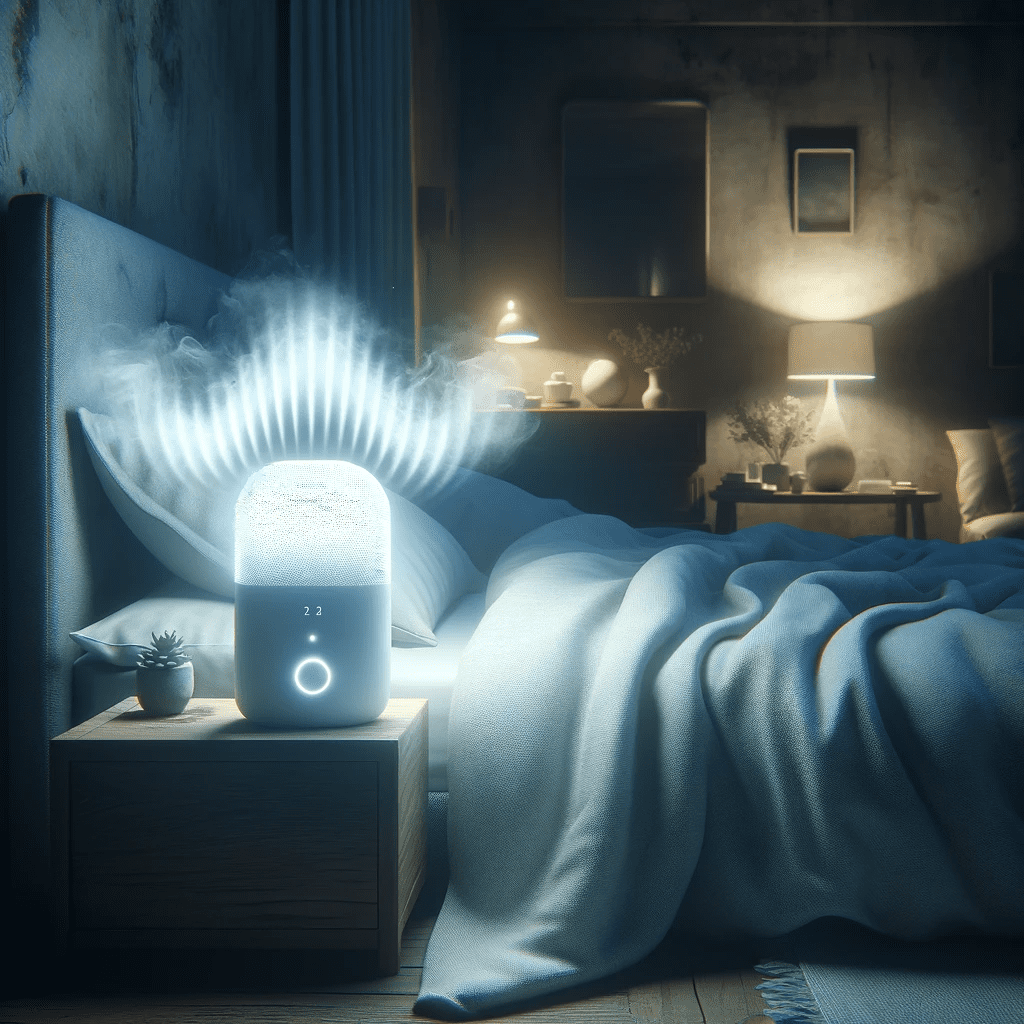A good night’s sleep is important for all of us, yet it seems to elude many of us. In such a world, one of the easiest but most effective ways to dive deep into sleep involves listening to soothing sounds. This article looks at some of the most soothing sounds that scientific evidence has shown can improve sleep quality, why they work, and how to incorporate them into your nightly routine.
The Science of Sleep Sounds
With that in mind, before delving into the specifics of detailing the sounds themselves, allow me to briefly explain the science of why certain sounds work in inducing sleep. Several studies have shown that specific auditory stimuli can strongly influence how our brain relaxes. The sounds with consistent frequency and rhythm improve sleep by offering a soothing effect, reducing stress, and masking background noise that otherwise disrupts sleep.
Most Relaxing Sounds for Sleep
- White Noise: he term white noise refers to those very sounds that could mask other sounds, which could naturally occur in an environment. It is a continuous sound, like the hum of a fan or air conditioner, that can serve to be very effective in drowning out disturbances.
- Nature Sounds: Nature is full of serene sounds. Rainfall, ocean waves, rustling leaves, and gentle animal noises like the sound of birds softly chirping or frogs at night can be profoundly relaxing.
- Classical Music: Slow, melodious pieces of classical music can be very soothing. Look for compositions with a slow tempo, ideally 60-80 beats per minute, which can help slow the heart rate and prepare the body for sleep.
- Binaural Beats: Binaural beats create the effect of hearing two slightly different frequencies in each ear. Your brain actually identifies a third tone-the mathematical difference between the two. Quite a number of people say this when listening to binaural beats helps them to relax, reduces anxiety, and increases sleep quality.
- Guided Imagery and Meditations: It is very soothing; hence, the guided meditation or imagery takes you through a story or some tranquil scene. A soft and reassuring voice can act as your guide to get one’s mind away from daily concerns that keep one awake and into the zone of relaxation.
How to Use These Sounds for Better Sleep
To incorporate these sounds into your sleep routine, consider the following tips:
- Consistency: Make listening to these sounds a nightly habit to signal to your body that it’s time to wind down.
- Volume: Ensure the volume is comfortable – not too loud to be disruptive or too soft that you strain to hear.
- Quality: Use a good quality speaker or headphones to ensure the sound is clear and continuous.
- Timing: Start playing the sounds as you begin your bedtime routine to gradually prepare your mind and body for sleep.
White noise AI generated

Nature Sounds for sleep AI

Soothing sounds can do a world of good for your sleep; try some, see what works best for you, and use them in conjunction with other sleep hygiene practices for best effects. Cheers to a good night’s sleep every night!

